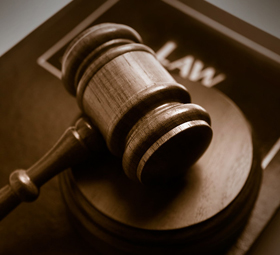“Tort” is the legal term used for personal injury; it is a word which goes back many years in legal circles.
The definition of tort:
In simple terms, tort is a civil wrong or injustice that is inflicted on one person by another entity. It is important to understand that the entity does not have to be another person, it can just as well be a company or the government. Since the wrong is civil in nature rather than criminal the remedy for the wronged party is financial compensation. The tenet of tort law is straight forward; the entity found to have done wrong will be held liable for any and all damages which are a direct result of the wrongdoing. A personal injury lawyer in Philadelphia is involved in pursuing cases of wrongdoing for clients.
Many different types of cases:
The majority of cases involving tort stem from negligence on the part of an entity and the negligence resulted in injury or even death of another party. Negligence is the basis for almost all tort cases, many cases are direct results of vehicle accidents, medical malpractice, slip and fall incidents, etc.
Although the greatest majority of cases stem from negligence there are also intentional torts. An intentional tort is when a person is injured from an intentional act. In some states an intentional tort may meet the definition of a criminal act, this means for the injured party that the injustice can be pursued in both civil and criminal court. A good example of an intentional tort is assult with the intention of doing bodily harm.
Tort laws:
The outcome of many cases involving tort are adjudged by court decisions rather than codified law. In some jurisdictions there are state laws that apply to tort cases, the statute of limitations that effect when the injured parties can no longer take the case to court is an example. The greatest majority of tort cases are adjudicated and governed by “common law.” Common law is a concept which is roughly translated to mean that the rules that are in effect in the judgment of the case are those which have evolved over time. A personal injury lawyer in Philadelphia must be aware of the montage of past rulings that have been handed down over time and are the basis of common law. This is especially true if the ruling employed originated in the state court of appeals.







